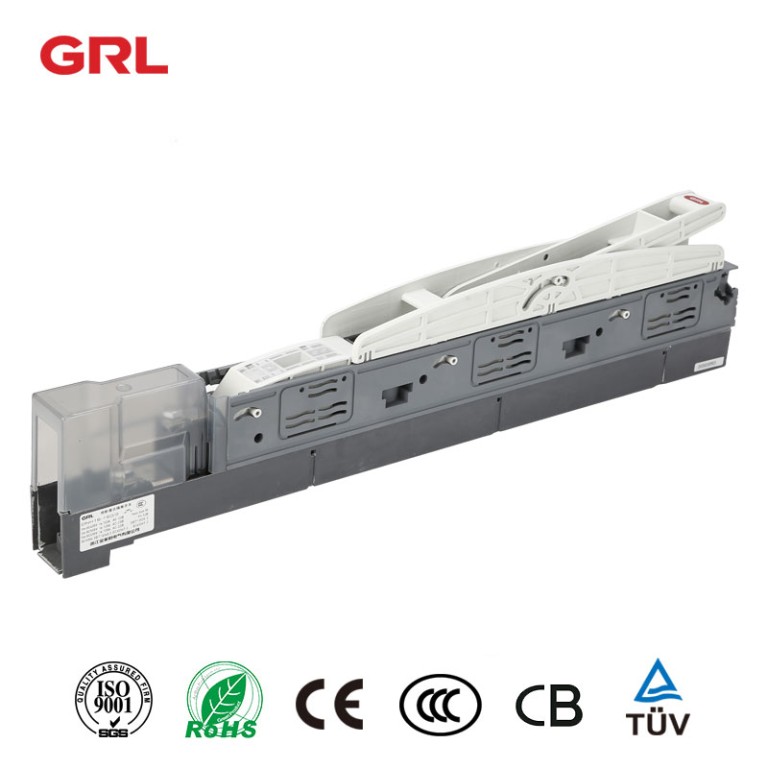
# Vertical Disconnectors in Power Distribution Systems
## Introduction to Vertical Disconnectors
Vertical disconnectors are essential components in power distribution systems, designed to isolate electrical circuits for maintenance or safety purposes. These devices play a critical role in ensuring the reliability and safety of electrical networks by providing a visible break in the circuit when opened.
## Key Features of Vertical Disconnectors
Vertical disconnectors offer several important features that make them valuable in power distribution:
– Vertical operation for space-saving installation
– Clear visible break indication
– Robust construction for outdoor applications
– Suitable for high-voltage applications
– Easy operation and maintenance
## Applications in Power Distribution
Vertical disconnectors find widespread use in various power distribution scenarios:
### Substation Applications
In substations, vertical disconnectors are used to isolate transformers, circuit breakers, and other equipment for maintenance or repair work. Their vertical orientation allows for compact installation in space-constrained substation environments.
### Overhead Line Isolation
These devices are commonly employed in overhead power line systems to create isolation points between different sections of the network. This enables maintenance crews to work on specific line segments without affecting the entire system.
### Industrial Power Distribution
Manufacturing facilities and industrial plants utilize vertical disconnectors to provide isolation points for equipment maintenance while minimizing the footprint of the electrical distribution system.
## Advantages Over Horizontal Disconnectors
Keyword: Vertical disconnectors
Vertical disconnectors offer several benefits compared to their horizontal counterparts:
– Reduced space requirements
– Better resistance to environmental factors like wind and snow
– Improved visibility of the open/closed status
– Easier integration into compact switchgear arrangements
– Lower maintenance requirements due to vertical orientation
## Maintenance and Safety Considerations
Proper maintenance of vertical disconnectors is crucial for system reliability:
– Regular inspection of contact surfaces
– Lubrication of moving parts as recommended by the manufacturer
– Verification of proper alignment and operation
– Checking for signs of corrosion or wear
– Ensuring proper grounding when in the open position
Safety protocols must always be followed when operating vertical disconnectors, including proper personal protective equipment and adherence to lockout/tagout procedures.
## Future Developments
The future of vertical disconnectors includes:
– Integration with smart grid technologies
– Improved materials for longer service life
– Enhanced safety features
– Remote operation capabilities
– Better environmental resistance
As power distribution systems evolve, vertical disconnectors will continue to play a vital role in ensuring safe and reliable operation of electrical networks.